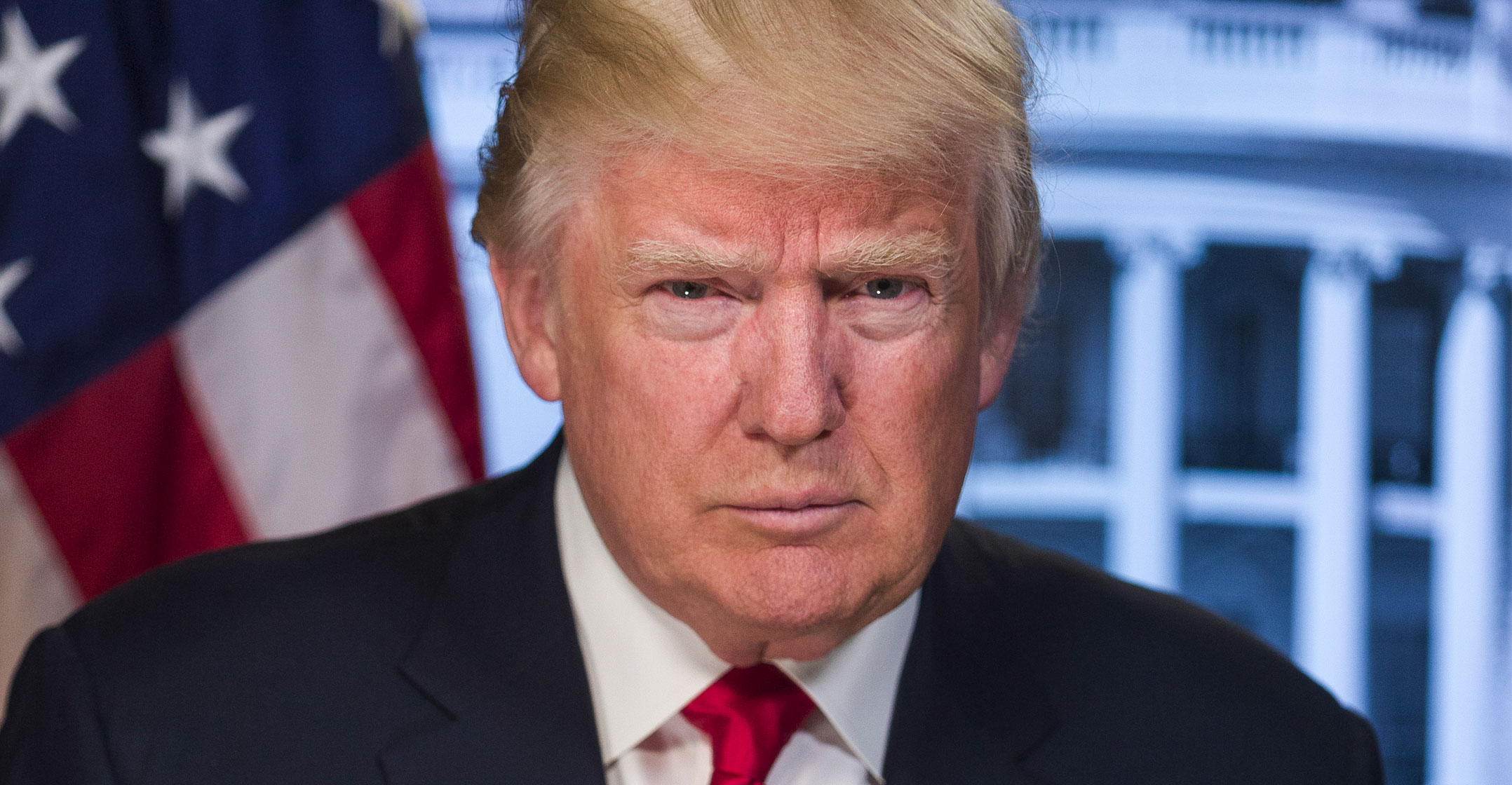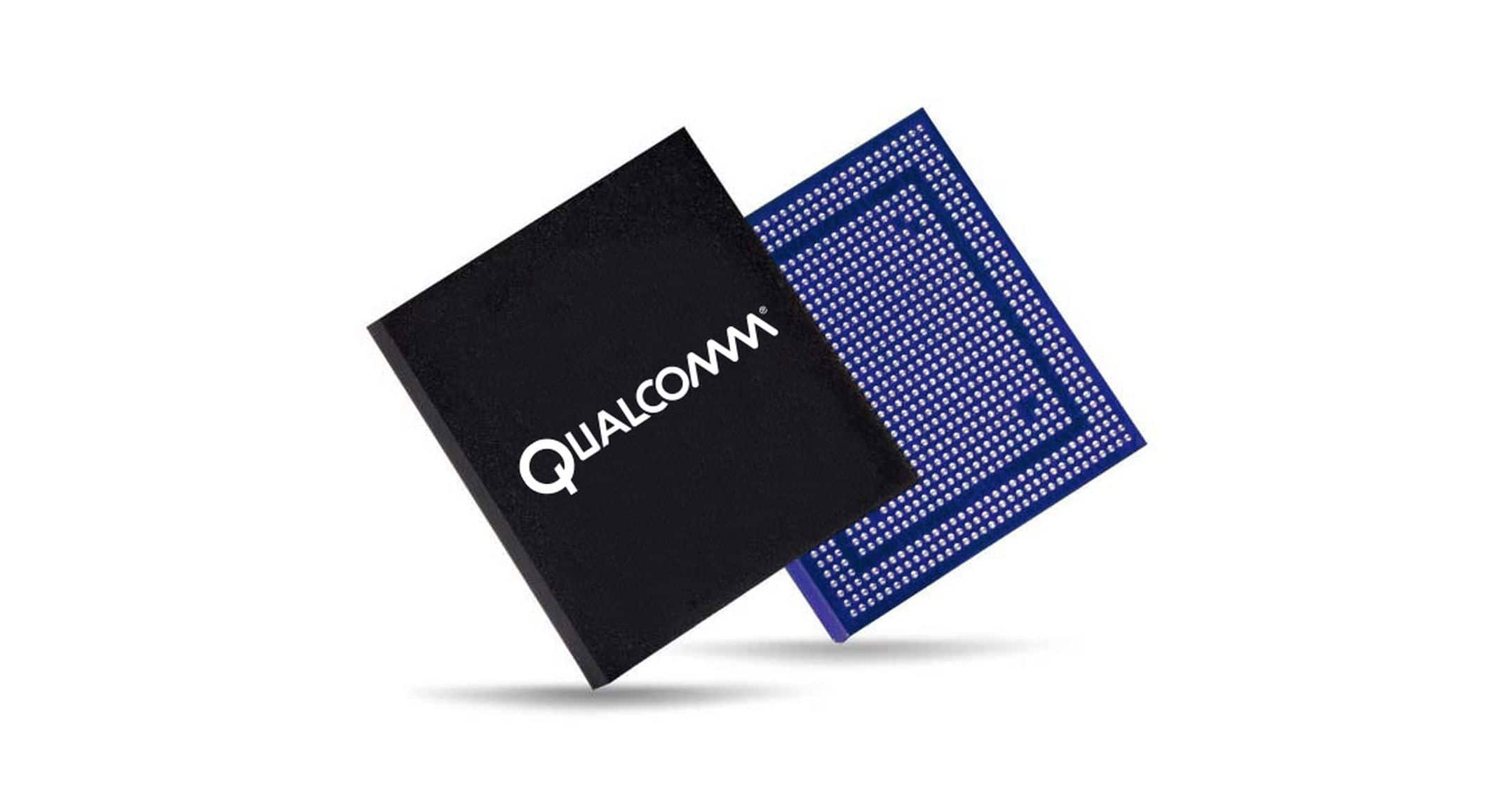
US President Donald Trump issued an executive order on Monday blocking Broadcom from pursuing its hostile takeover of Qualcomm, scuttling a US$117bn deal that had been scrutinised by a secretive panel over the tie-up’s threat to US national security.
Trump acted on a recommendation by the committee on foreign investment in the US, which reviews acquisitions of American firms by foreign investors. The decision was unveiled just hours after Hock Tan, the CEO of Singapore-based Broadcom, met with officials at the Pentagon in a last-ditch effort to salvage what would have been the biggest technology deal in history.
“There is credible evidence that leads me to believe that Broadcom,” by acquiring Qualcomm, “might take action that threatens to impair the national security of the US,” Trump said in the order released on Monday evening in Washington, DC.
The order underscores the tough stance the Trump administration is taking on foreign takeovers of US technology firms. In September, he blocked the sale of Lattice Semiconductor to a Chinese-backed investor. That was just the fourth time in a quarter century that a US president stopped a foreign takeover of an American firm on national security grounds. At least half a dozen technology deals have collapsed during the Trump administration in the face of concerns raised by CFIUS.
Broadcom said in a statement it was reviewing the order and that it “strongly disagrees that its proposed acquisition of Qualcomm raises any national security concerns”. Qualcomm didn’t respond to requests for comment.
The order marked an unprecedented move by the White House to stop a hostile bid for a company. Broadcom didn’t have an agreement to buy San Diego-based Qualcomm. It was fighting to win support from Qualcomm shareholders to gain control of its rival’s board and move forward with its offer. Before waiting for an actual deal, CFIUS opened an investigation to review the risks to national security.
Initially, CFIUS was split on whether to weigh in. Pentagon officials insisted on a review of Broadcom’s proxy battle, while the US treasury department had pushed back, according to people familiar with the matter.
Fear of Huawei
But then, on 4 March, treasury ordered Qualcomm to postpone its shareholder vote by 30 days, saying that a takeover by Broadcom threatened Qualcomm’s leadership in developing the next generation of wireless technology. The government said it feared Broadcom would cut investment in research and development in order to increase short-term profits. That could allow Chinese companies, namely Huawei Technologies, to become the dominant supplier, the US said.
Trump’s order came as Broadcom was in the midst of moving its headquarters from Singapore to the US. Broadcom had announced the move in November after Tan met with Trump at the White House. After the meeting, CFIUS approved Broadcom’s takeover of Brocade Communications Systems, conditioned on the headquarters move, according to Broadcom.

On Monday, Tan went to the Pentagon to meet with CFIUS officials in a bid to address their concerns. Tan argued that combining Broadcom and Qualcomm would actually further US interests by advancing the development of the next generation of wireless technology known as 5G, according to a person familiar with the meeting.
Tan’s meeting followed a letter from treasury to the companies on Sunday that said national security risks from the takeover may prompt a recommendation to Trump to block the deal.
“In the absence of information that changes CFIUS’s assessment of the national security risks posed by this transaction, CFIUS would consider taking further action, including but not limited to referring the transaction to the president for decision,” treasury said in the letter, which Qualcomm made public earlier on Monday. — Reported by David McLaughlin, with assistance from Ian King, (c) 2018 Bloomberg LP




